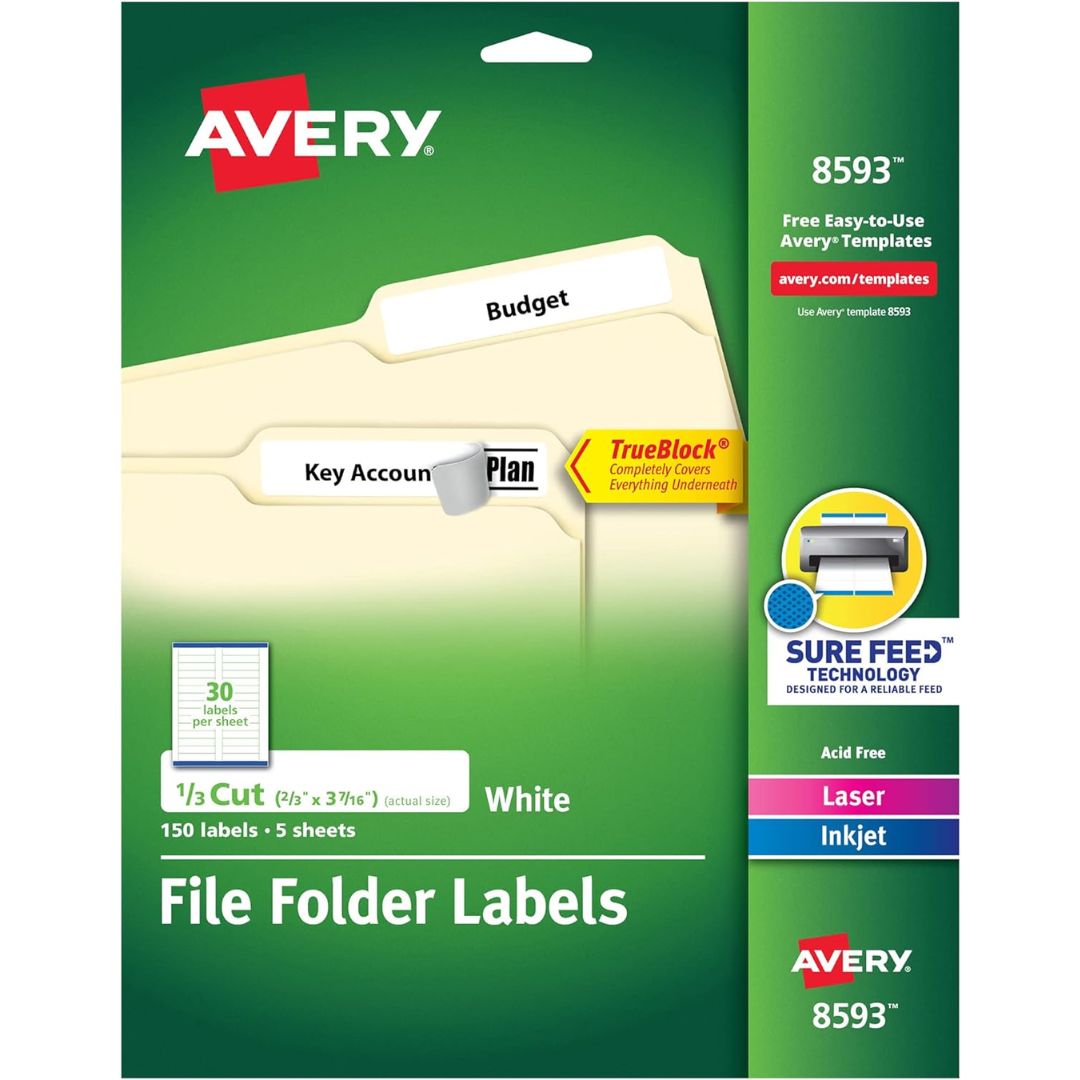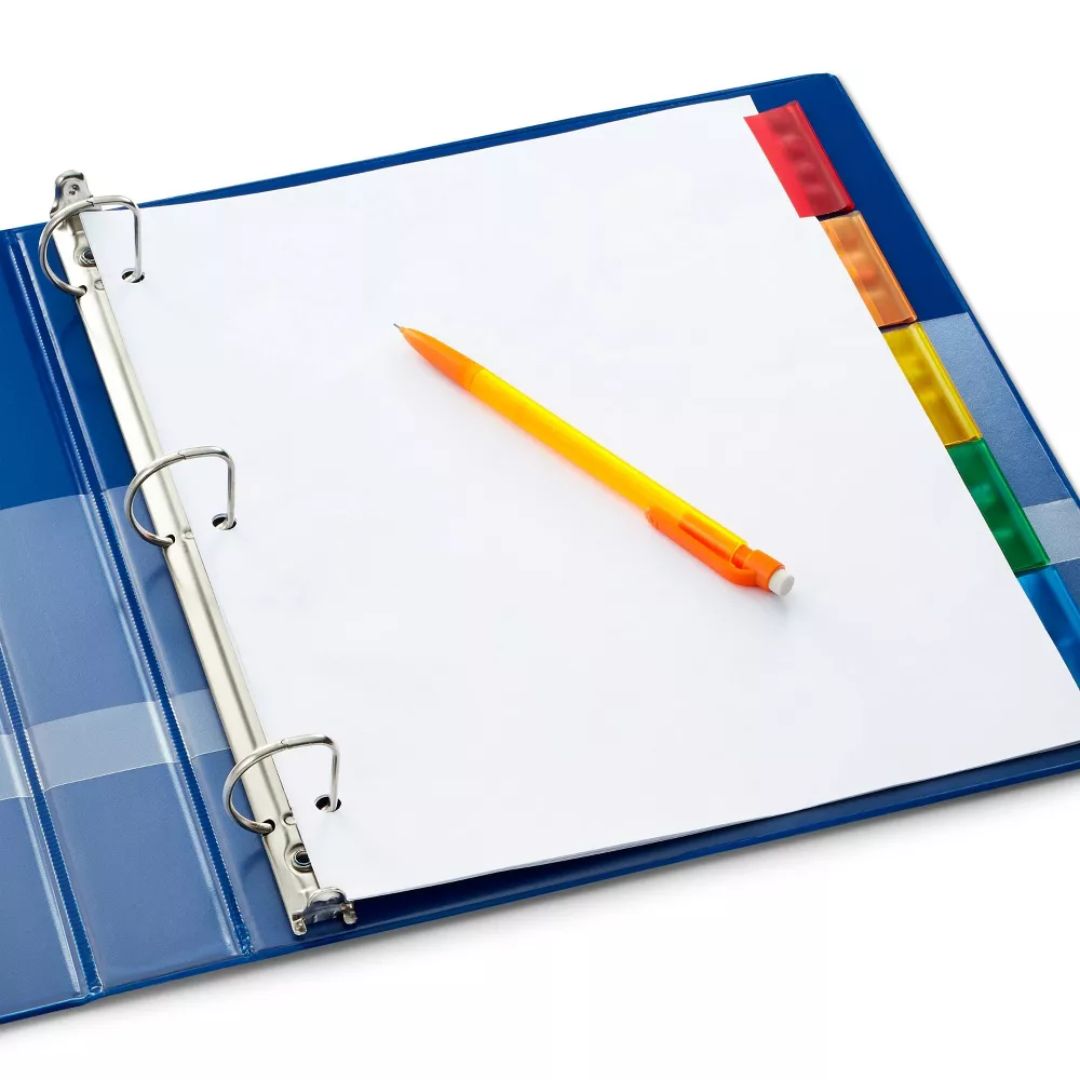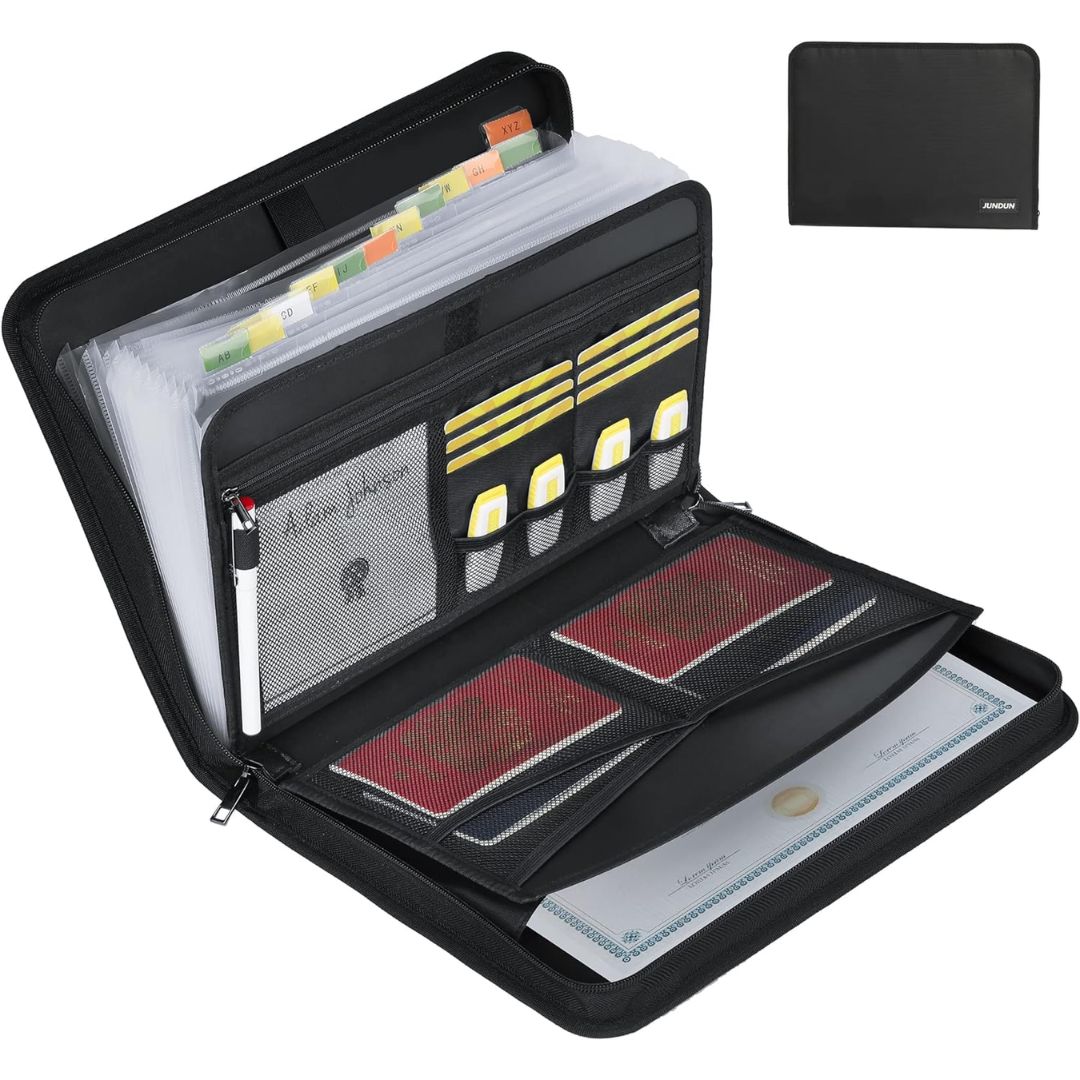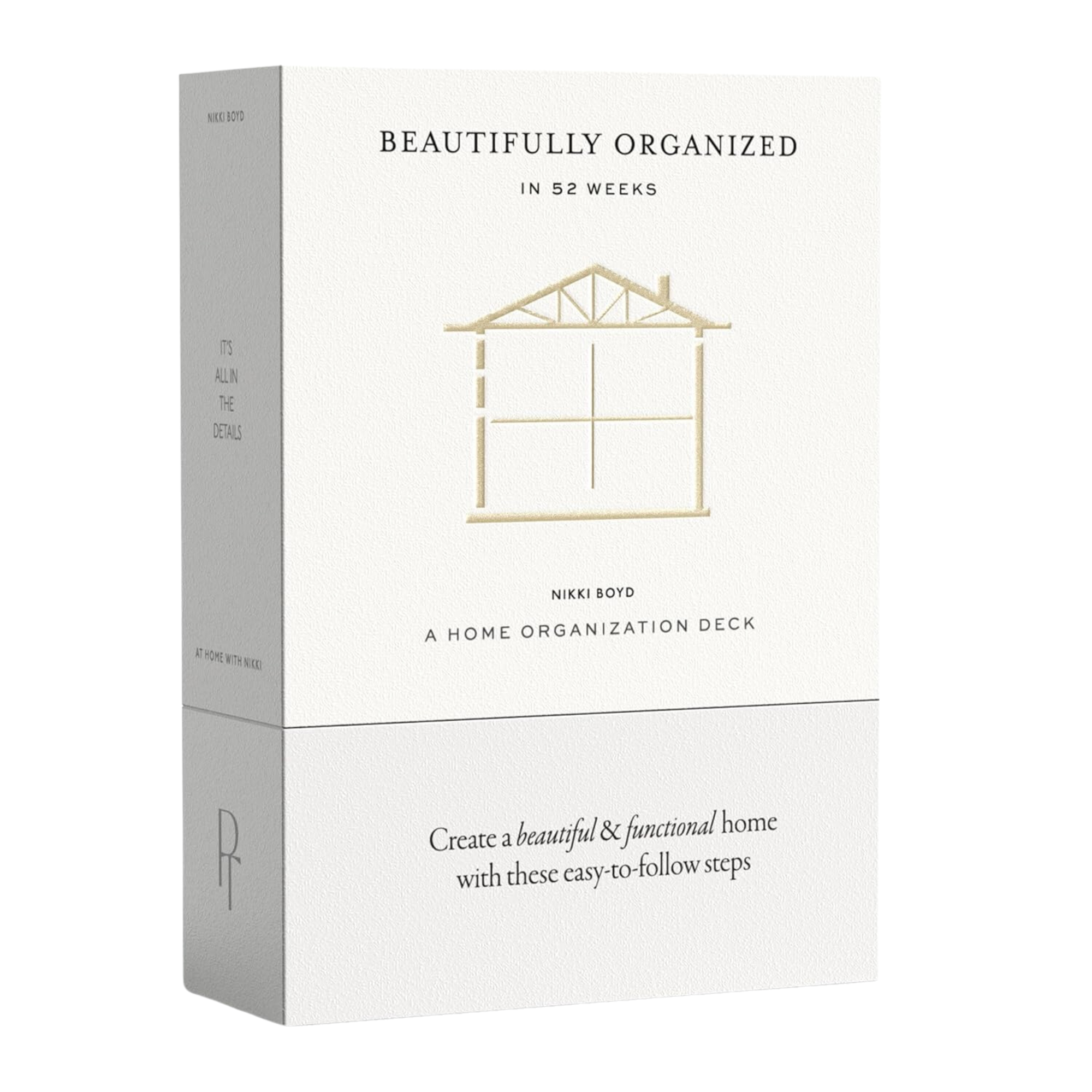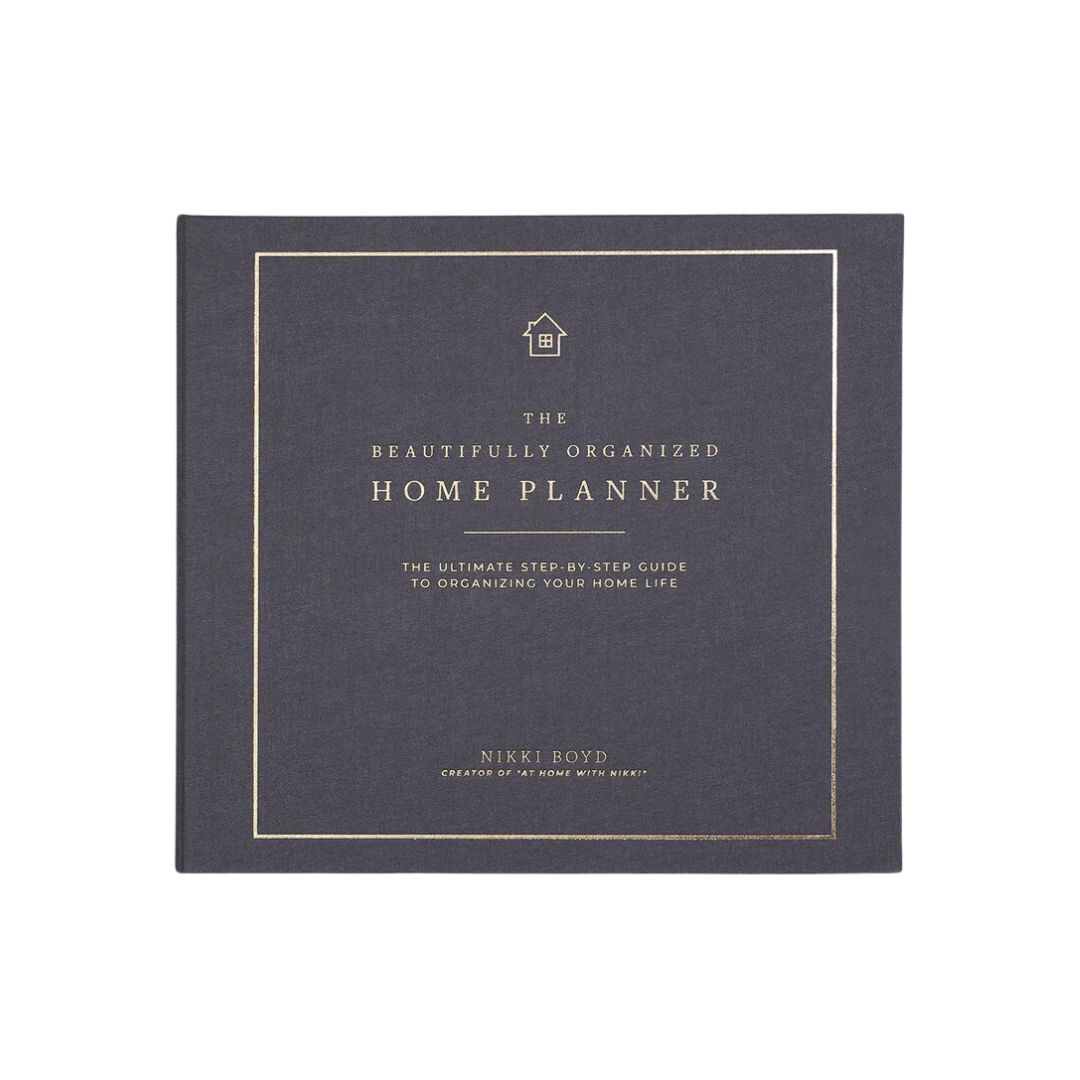How to Organize Paper Files So Much More Effectively — Easy To Follow Methods From This Professional Organizer
The organizing expert and founder of At Home With Nikki shares her tips and tricks on how you can keep your home extra tidy by tackling those often forgotten files
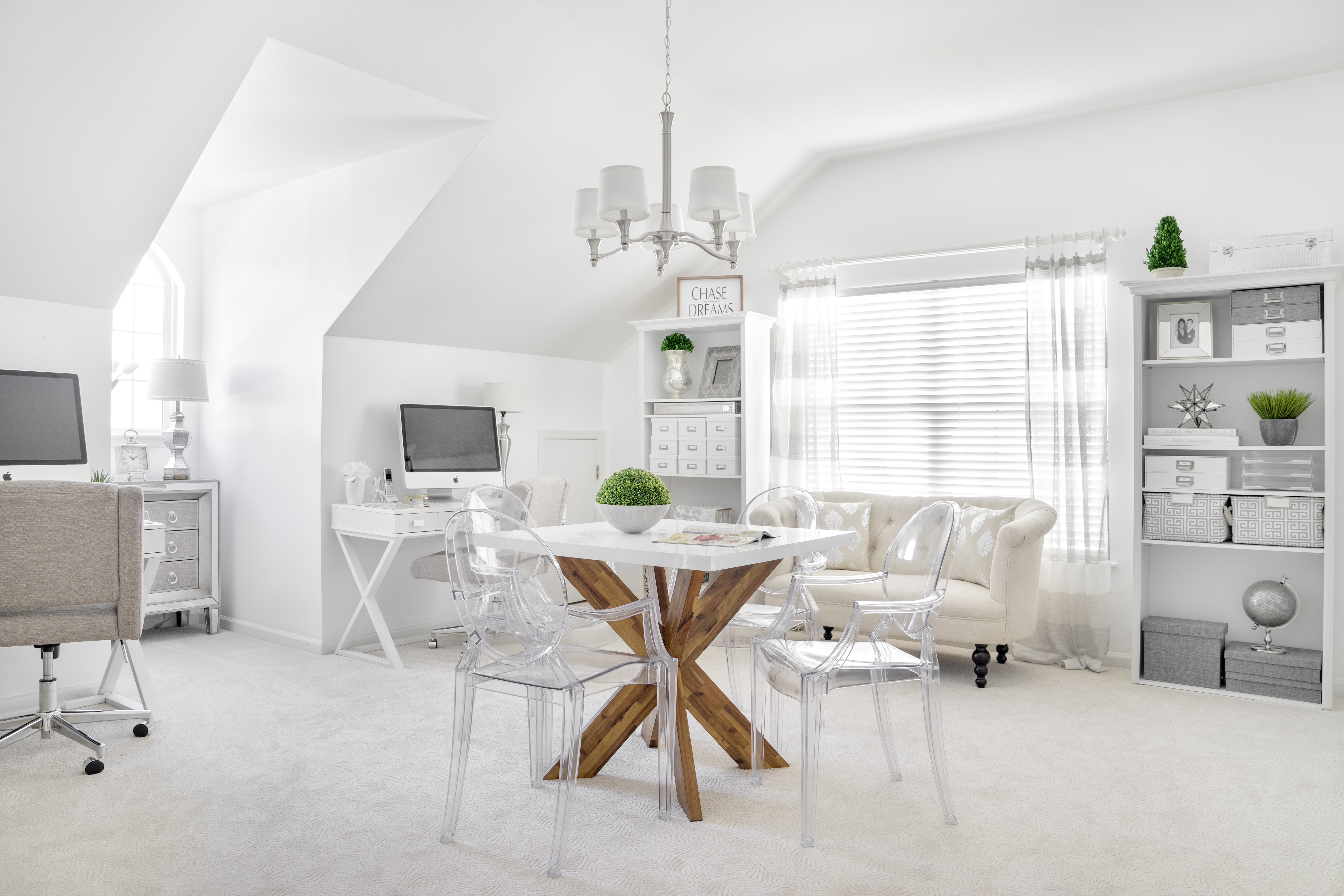

For me, an organized home is a stress-free home. It’s one where my scattered thoughts can find a sense of peace amid a chaotic schedule. When it comes to understanding how to declutter your home, I am often guilty of skipping a step or two. In my case, it would be forgetting to organize my home files. Specifically, documents that have been stuffed into a shelf drawer...Oh, how I dread even looking at the mess that I so finely accumulated.
So, what would be the best way to tackle this? Well, professional organizer, founder of At Home With Nikki, and author of 'Beautifully Organized: A Guide To Function And Style In Your Home,' Nikki Boyd, has shared some tips and tricks on exactly how you can tackle your home files in the best way possible. In her book, Nikki shares insights into the methods you can implement in order to keep your home organized in the best way. From home files to craft rooms, the expert has answered all your questions.
As I was saying, we often abandon taking care of our home files, and as we find inspiration to keep our space tidy — here are a few methods Nikki Boyd finds useful for home file organization.
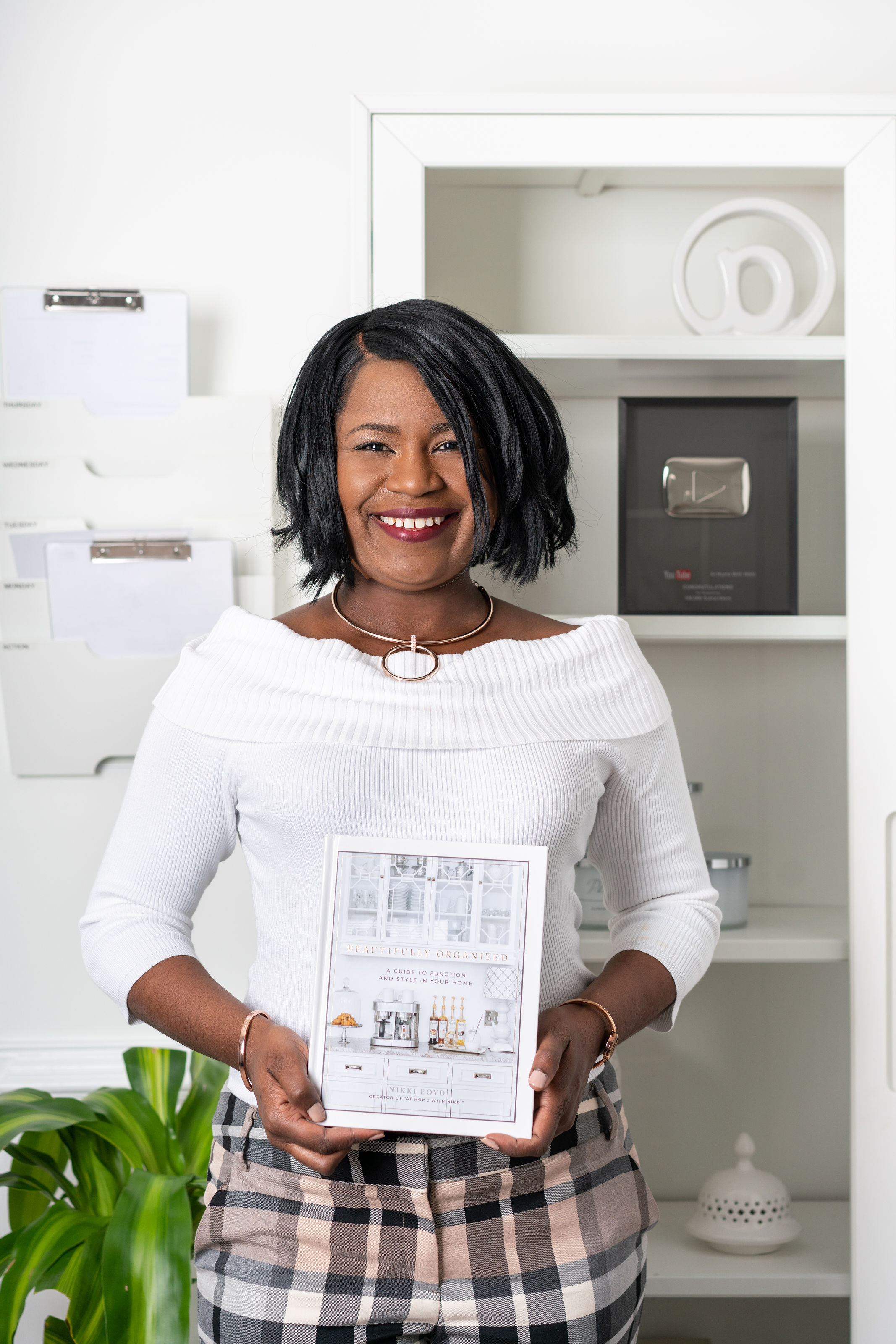
Nikki Boyd is a professional organizer and founder of At Home With Nikki, where she helps bring beautiful order in homes around the world with her business, blog and YouTube channel. What began as a hobby is now a successful home organizing business, a popular blog, and YouTube channel, with thousands of readers coming to her site for creative and straightforward ways to beautifully organize their homes. She lives in Charleston, South Carolina with her husband and two puppies and is the mother of three children.
The methods for organized files

Now, when it comes to home files Nikki tells us: 'A home office space is an ideal place to address the various matters that need attention in daily life, but it can also be a place to implement a filing system for important documents. Every home needs some filing system in place. Whether you are eighteen years old and living in your first apartment or forty years old and purchasing your dream home, you need a place and method to organize important documents that relate to your family and home'.
She continues: 'Some people will need filing systems for their business as well. The type of filing system you choose depends on how you work and how you choose to maintain your records. The first thing to do as you start to organize your home files is decide what system you want to use to maintain your records'.
So, let's get right into it, shall we?
1. Traditional filing
I am quite old school, so for me, this method probably works best. Nikki writes: 'A traditional filing method is one in which you label a folder with a category, insert the documents pertaining to that category in the folder, and store it in a file cabinet. There are a variety of efficient filing tools on the market to help you to maintain your home files'.
2. Binder system
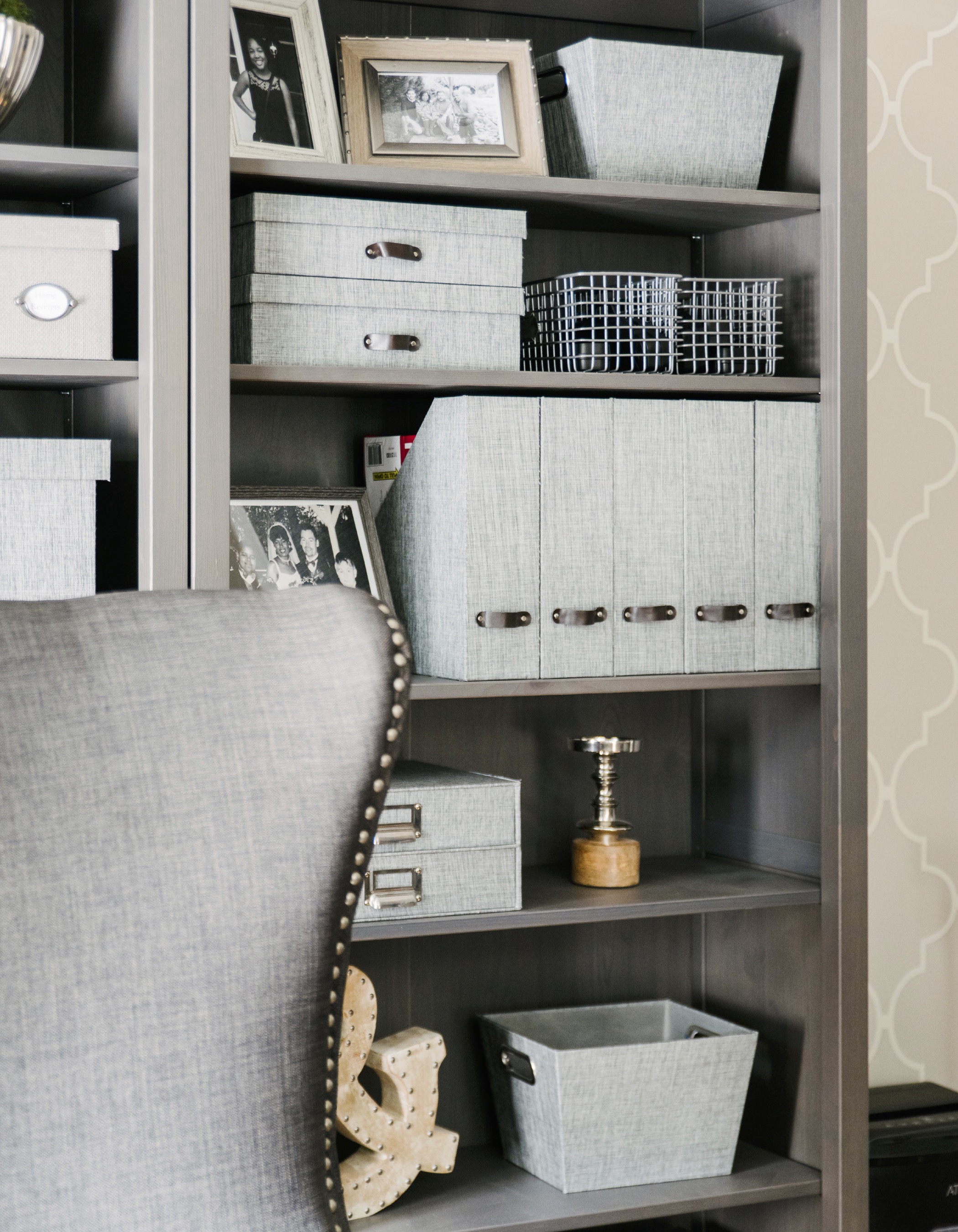
The next method Nikki goes into is the binder system. The classic 3 ring binders are practical and easy to use. All you need to do for this is pop the middle of the binders metal hoops open and slip your files through.
Nikki says: 'The binder system is my preferred method to keep home files; it is the system I use in my own home. I have one three-ring binder specific to each category of information that we maintain,' Nikki says. 'I like this system because our files are both easily accessible and portable; it is easy to take a binder with me if I need to handle business away from home. When we lived in the United Kingdom years ago, I worked as a registrar at an elementary school. The school used the binder system to maintain records for all of the students'.
She continues: 'At first, I thought it was crazy to use binders instead of file folders. But, after working with this system for several years, I was sold. I found that it was the most efficient way to keep up with so much information. When my family moved back to the United States, I adapted and implemented a binder system for our home files and I have loved it ever since.If you are young and have relatively few files to maintain, you might be able to start with just one binder. However, as you go through life, you can expand your binder system as needed.
3. Go paperless

An enviromentally friendly option would be to go completely paperless and as Nikki notes: 'In today's digital world, a paperless filing system is a reasonable thing to consider. Most business is transacted online, so most invoices, receipts, and other documents are provided electronically, making it simple to keep a paperless system. There are also a number of streamlined, easy-to-use scanners on the market that you can use to make digital copies of paper documents'.
She adds: 'I love the fact that with a paperless system, you can access your files anytime, anywhere. If you opt for a paperless system, you still need to set it up so that it is easy and efficient to use. You should create specific electronic files for each category pertaining to your home and life so that you can quickly locate the items you need. Not everyone is computer-savvy; in fact, technology can be frustrating to some people. Choose a system you are comfortable with and you will be more likely to use and maintain it'.
4. Home file categories

In order to better understand your files, Nikki says you should break them up into different categories. In her book, she gives readers a breakdown of 23 categories from medical records to pet records. Out of those, here are my top 4 picks from Beautifully Organized: A Guide To Function And Style In Your Home by Nikki Boyd.
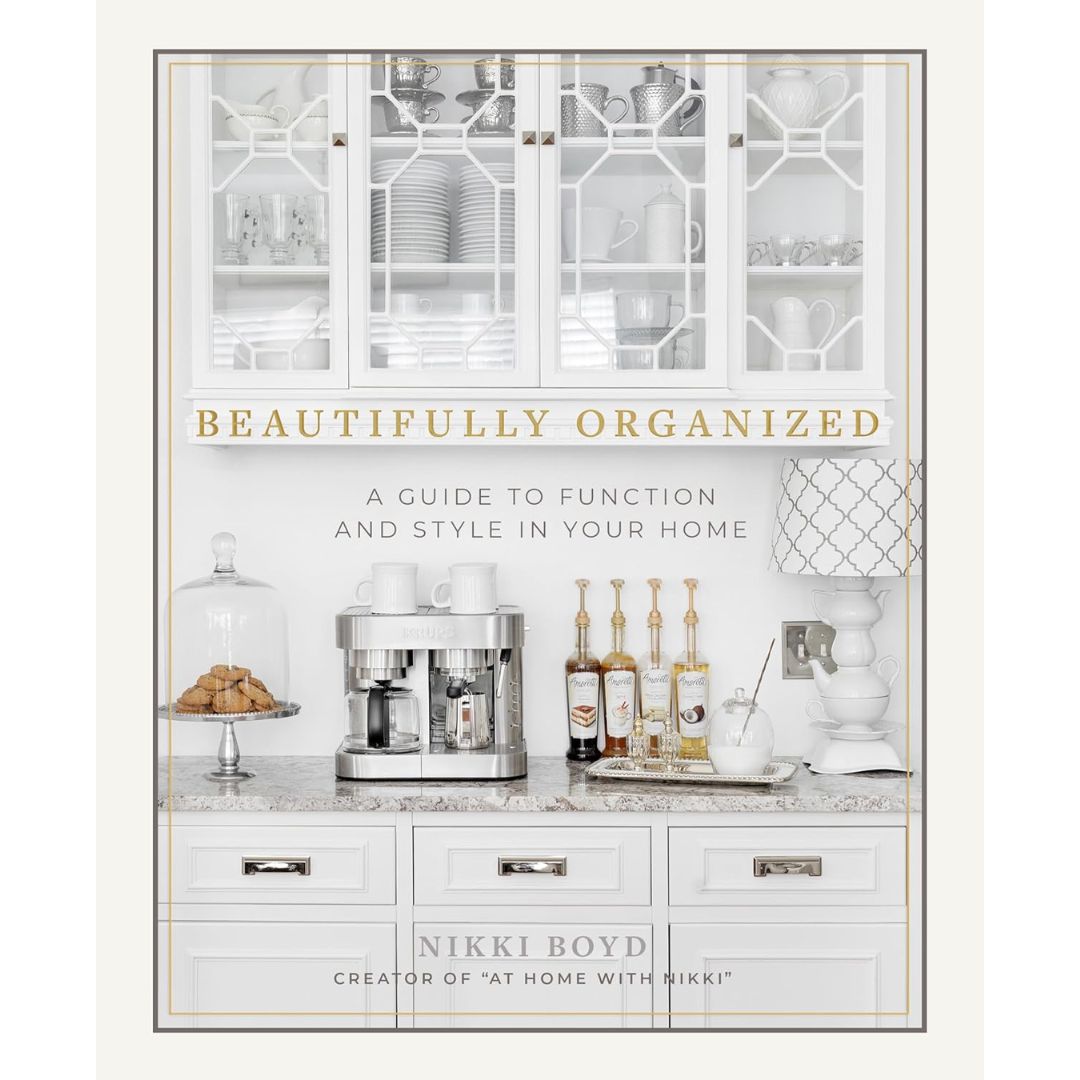
Hardcover price: $19.92
Was: $22.95
Banking
It's something we use in our day to day. Nikki says we should, 'keep bank account numbers on file but take care to secure this information. (There are a number of reputable apps that allow you to securely store account numbers and passwords).
Nikki adds: 'I refrain from keeping physical bank statements, as these can be easily found online if needed. I also keep one current checkbook in this file. Checkbooks can be bulky, so additional checks may be Kept in a desk drawer, in your safe, or in the back of a file cabinet'.
Charity
Charity goes a long way and keeping track of where exactly your money is going is super important.
'Keep a file for all charitable contributions,' Nikki advises. 'This may include church tithing records, donation statements, and receipts from charitable donations made throughout the year. It's also a good idea to keep a record of the tax ID numbers for organizations to which you contribute. At tax time, you will be thankful that you kept such tidy records!'
Credit card statements
Although a lot of things have become digitized, Nikki says you should also try keeping important files, such as credit card statements in paper form.
She says: 'Credit card statements are easily accessed via your online account and it is cumbersome to keep many months' worth of paper statements. However, I do keep the most current statement on file in physical form. If a fraudulent charge appears, it is useful to have a hard copy at my fingertips'.
Medical records
Medical record are an essential part of your life, so be sure to keep them safe and secure.
The home organizing expert says her and her family always keep medical record on file. 'We like to keep our medical records on file, including the childhood medical records for our adult children. As a military family, we have lived several places and have been to several different hospitals. I quickly learned to keep copies of medical records, and even to bring these files when visiting a new physician for the first time. You can certainly request electronic copies of your records from your doctor or hospitals, too,' Nikki adds.
My top picks from Nikki Boyd
Be The First To Know
The Livingetc newsletters are your inside source for what’s shaping interiors now - and what’s next. Discover trend forecasts, smart style ideas, and curated shopping inspiration that brings design to life. Subscribe today and stay ahead of the curve.

Faiza is the Renovation Editor at Livingetc. Faiza is currently renovating her small kitchen in her dainty apartment in London. Faiza previously worked for The Independent as a News Feature Writer, where she crafted lifestyle, entertainment, and news stories. She also worked as an Audience Editor for the newspaper for almost two years. Thriving in the busy newsroom, Faiza also spent her time crafting stories for Sky News as an SEO reporter, where she produced stories based on trending topics. Lifestyle and interior design is a space she has been interested in for quite some time, and as she blossoms in this field, she will continue to further her skills in design and gardening. Faiza has a background in SEO, social media, and reporting. Her passion for writing goes beyond her workm as she loves all things poetry and creative writing.
-
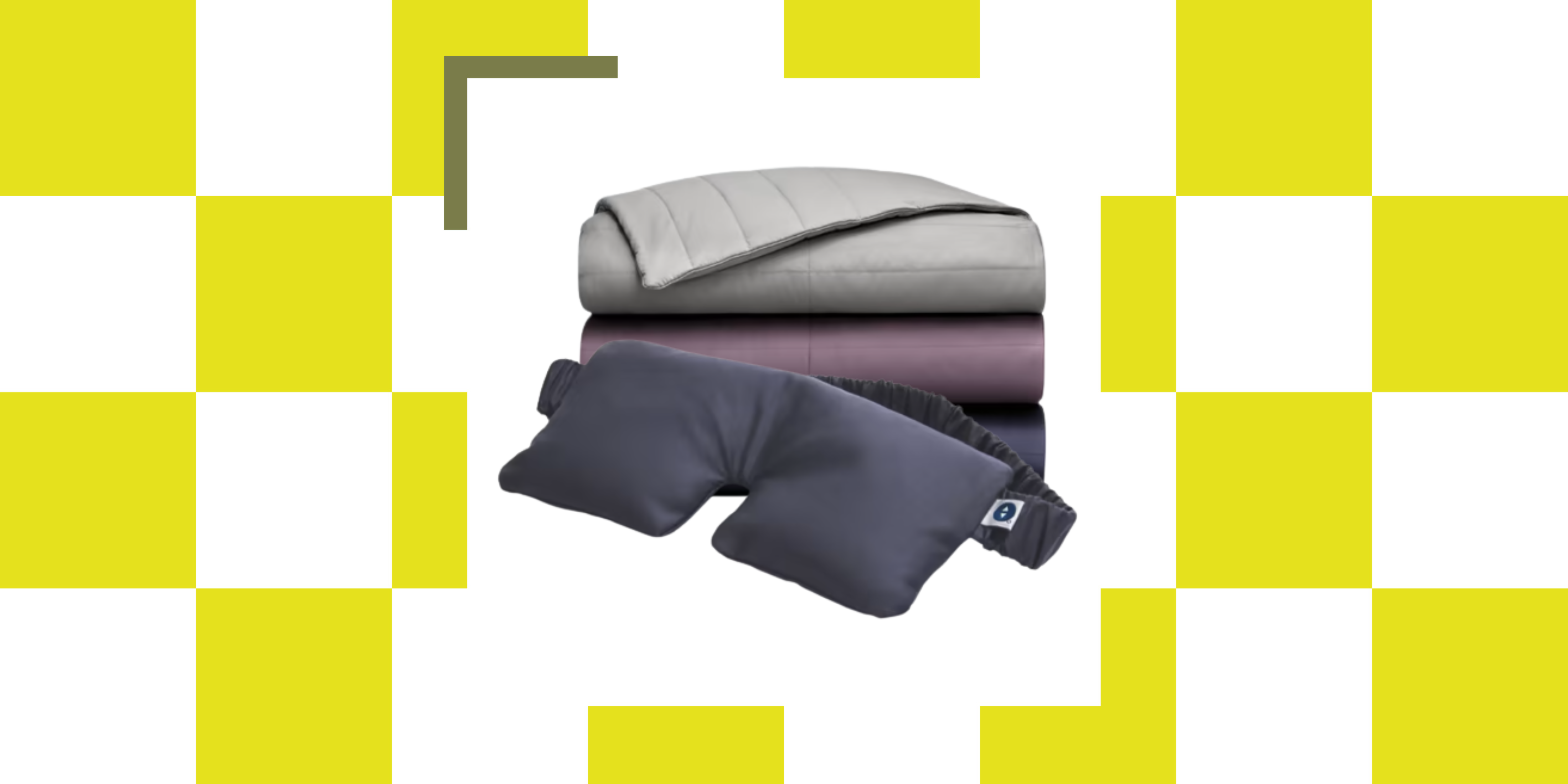 The Weighted Blanket That Doesn’t Make You Sweat (and the Eye Mask to Match)
The Weighted Blanket That Doesn’t Make You Sweat (and the Eye Mask to Match)Luxury has weight. And apparently, volcanic minerals
By Julia Demer
-
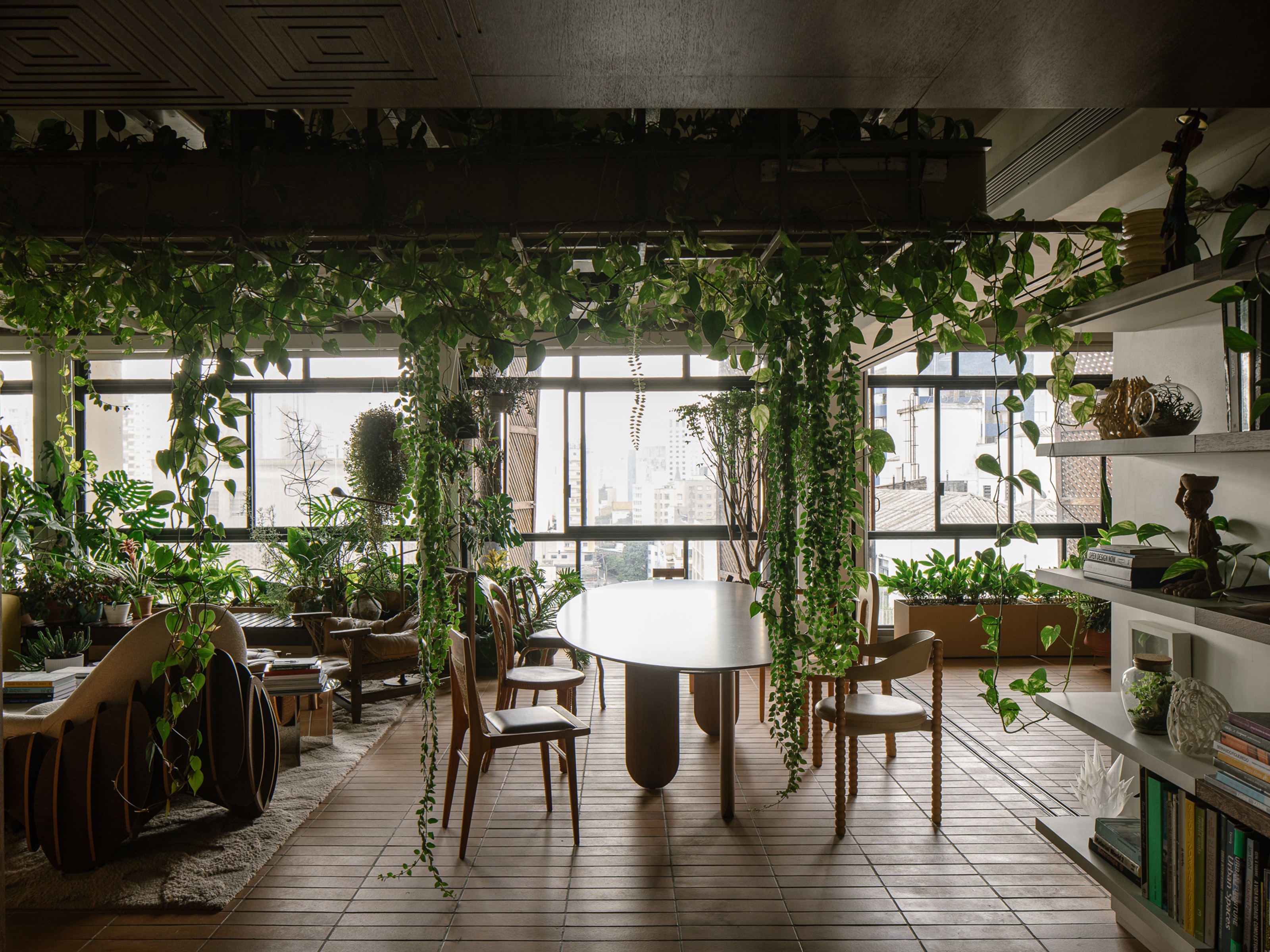 What Is Biophilic Interior Design? I'm an Actual Biophilic Designer, and This Is How to Apply It to Your Home
What Is Biophilic Interior Design? I'm an Actual Biophilic Designer, and This Is How to Apply It to Your HomeA biophilic designer explains the core principles of this practice, and the easy ways you can apply it to your home's design
By Marianna Popejoy
